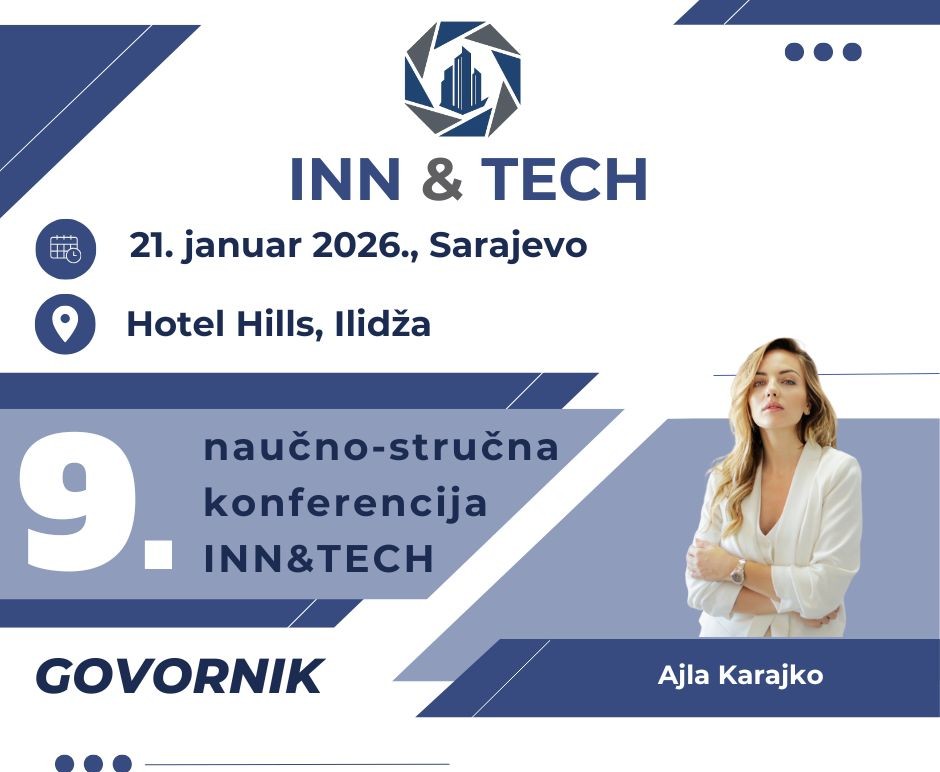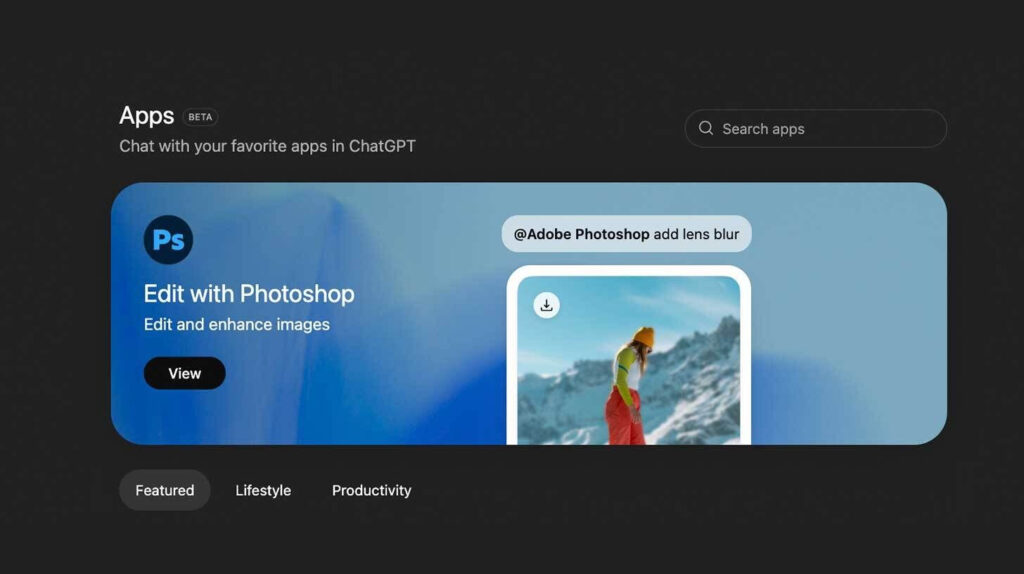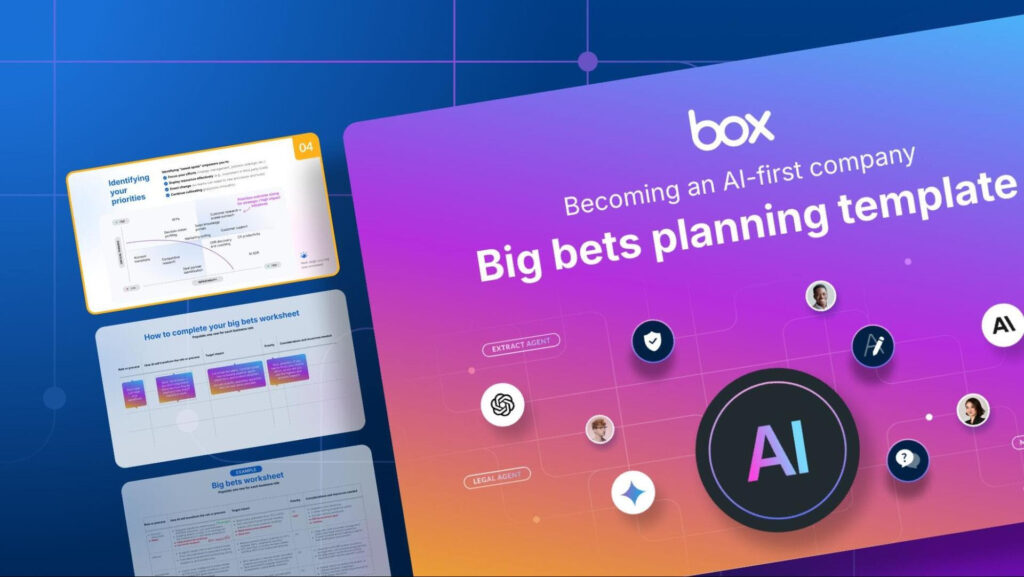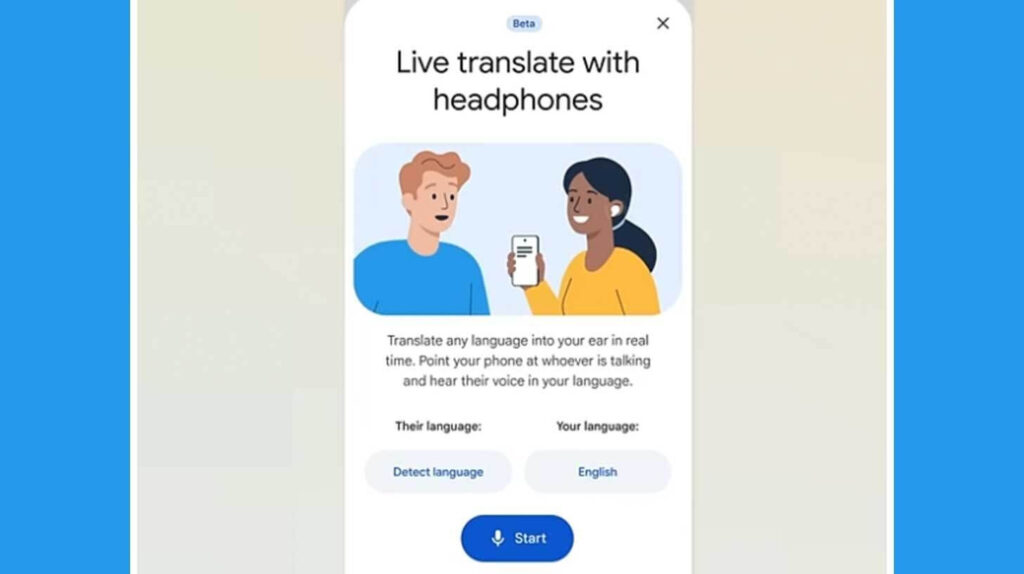Success in implementing artificial intelligence doesn’t depend solely on technology — it relies on deliberately aligning AI with business goals, data, and the everyday work of teams. While assistants, copilots, and agents have become standard productivity tools, many organizations still face a paradox — instead of simplifying processes, AI often makes them more complex.
IBM’s guide to agentic AI highlights three challenges and approaches that make the difference between superficial use and true transformation:
• Find the right problem
Many companies start with technology instead of the problem. The key is to identify where AI can deliver measurable value — whether by automating processes, predicting failures, or improving customer experience. AI should solve a specific challenge, not exist for its own sake.
• Set a clear vision and plan
Without a strategy, AI projects remain isolated experiments. Successful organizations define goals, metrics, and ways to integrate AI into existing workflows. Implementing AI must be tied to business outcomes — greater efficiency, innovation, or improved team coordination.
• Don’t isolate your AI
AI cannot operate in a vacuum. When it’s connected to everyday tools and systems, it becomes a natural part of the team — helping with decision-making, coordination, and automation of routine tasks. Integration brings the highest ROI because AI doesn’t replace people; it complements them.
For IT and business leaders, this is a turning point: autonomous, goal-driven agents can bridge the current gap between AI ambition and real implementation. Success requires a conscious approach — not just adopting technology, but deeply connecting it with data, people, and business objectives.
You can read the full IBM guide on strengthening agentic AI performance here.
In brief: Tech World Highlights
• Firefly Aerospace’s hopes for a rapid Alpha rocket launch mission failed after an explosion during testing.
• Elon Musk revealed that his company xAI is developing “Grokipedia,” which he claims will be a “huge leap forward” compared to Wikipedia and a step toward “understanding the universe.”
• Microsoft introduced Agent Mode in Excel and Word, along with the Office Agent in Copilot, enabling users to create tables, documents, and presentations through text commands.
• Opera launched Neon, a new AI browser capable of performing actions autonomously on behalf of users, available via premium waitlist access.
• Meta acquired chip startup Rivos to accelerate its own AI chip development and reduce dependence on Nvidia.
AI Trending Tools:
• Octave 2 – Hume AI’s next-generation multilingual text-to-speech model.
• Comet – Perplexity’s “AI-first” browser, now available to all users.
• Tinker – an API by Thinking Machines designed for fine-tuning language models.









